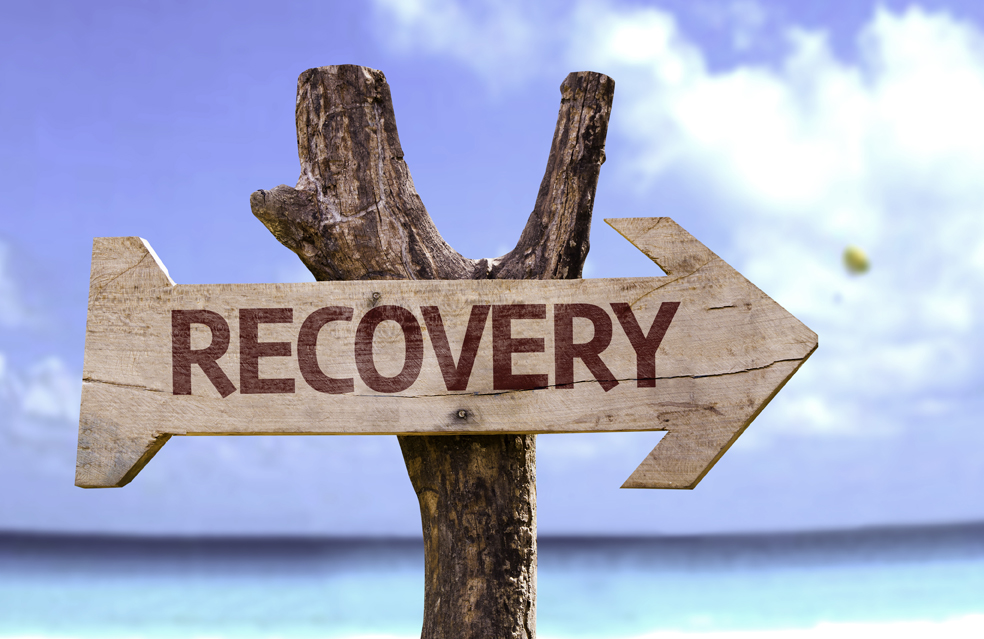Addiction Recovery is a Process, not an Event

Recovery from addiction is a process that takes time, support and effort. The recovery process may involve setbacks on the way – typically two steps back and then three forwards. Contrary to the addict’s belief, it is not an easy task, and needs continual guidance and mentoring from professionals.
Denial is part of addiction
One of the biggest challenges is denial. Denial means that the addict or alcoholic actually thinks he does not have a problem; at least one that needs ‘treatment’. If the individual doesn’t believe he or she has a problem, why would they accept a solution?
Denial needs to be broken, for the recovery process to begin. Rehabs have tried and tested protocols for managing denial. This may be done by gathering background information about the addict’s behavior and conducting interventions between the individual and his or her family members.
The recovery process is complex
Once denial is somewhat broken, the process of recovery starts. The addictive personality exhibits self-centered nature, manipulative tendencies and low tolerance to frustration. The addict or alcoholic also shows grandiose attitudes and behavior. Addiction recovery involves a complete overhaul of the addictive personality, aimed at making the person more loving, caring, sharing and patient. No doubt, it’s a tall order. This transformation of the personality leads to a more balanced individual who can remain clean and sober despite any triggers or stress.
The process involves unlearning and re-learning belief systems. Moreover, the behavior patterns of the individual are identified and a positive change is sought in his or her coping skills.
Addiction rehab is the best option
An addiction rehab is the best place to start the journey of recovery. Typically, an addict resists change. Change is frightening because it leads the addict into unfamiliar areas – emotionally and spiritually. Professional therapists gently lead the addict towards positive change by revealing the negative impact of existing belief systems and behavior patterns.
Rehabs facilitate the recovery process by group sessions and individual counselling. Psychological methodologies such as CBT (Cognitive Behavioral Therapy) and MI (Motivational Interviewing) are employed. Most rehabs also facilitate 12 Steps therapy, which is very effective.
Rehabs also help in repairing broken relationships, which are likely caused by the addictive behavior of the addict and consequent responses of the family members. Communication exercises are helpful in clearing the debris of the past and establishing new avenues of healthy relationships.
Rehabs provide a safe, protected environment where the person can explore his or her negative thinking and behavioral patterns and practice newer ways to cope with normal stresses. Addiction therapists give support at this vulnerable stage in early recovery.
Addiction therapists in a rehab also help the addict in identifying and processing any traumas he or she may have experienced, so that these issues are resolved and no longer interfere with the smooth emotional and spiritual progress of the person.
The process of recovery is complex, at times frustrating. There are no short-cuts or fast-tracks. But the outcome is totally worth it!